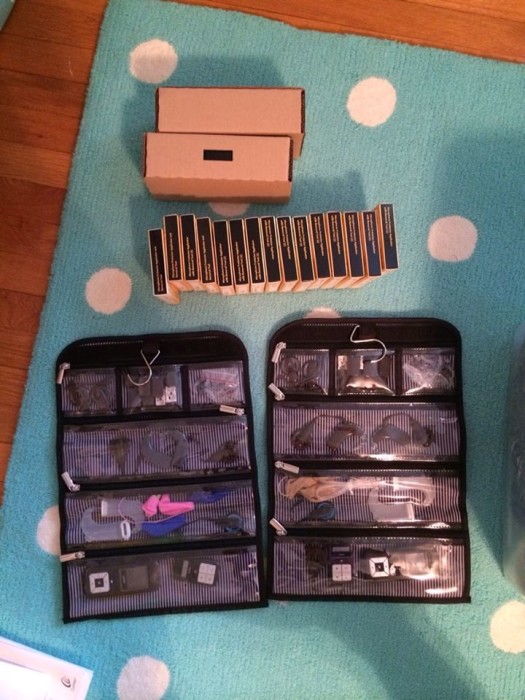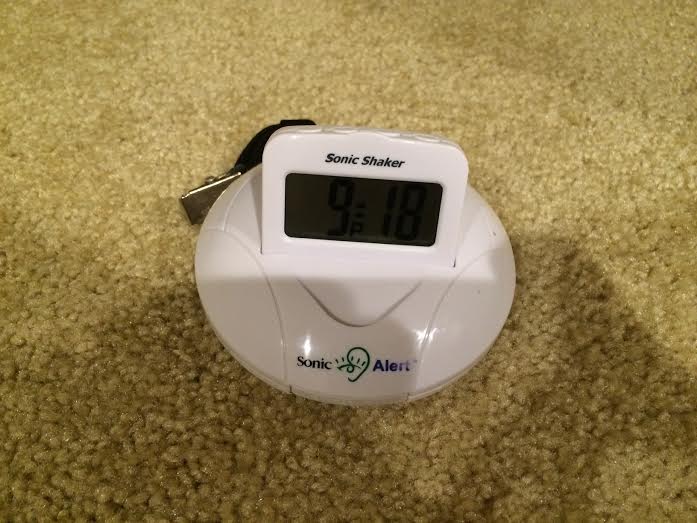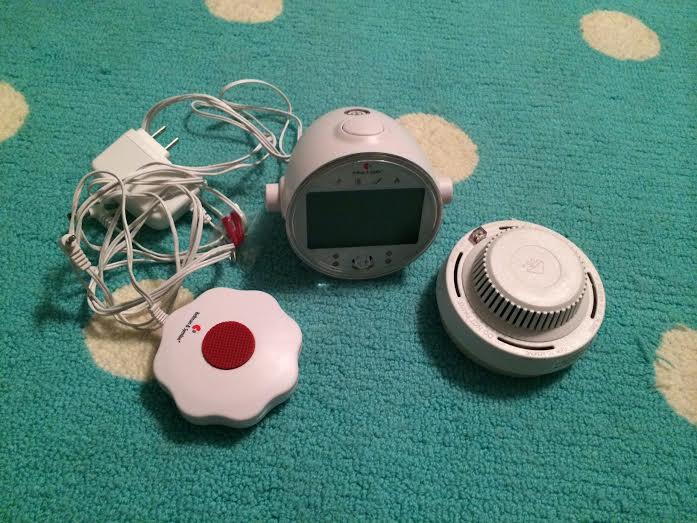August 30th, 2014 by Rachel | Tags: Peace Corps | No Comments »
“Life is either a great adventure or nothing.” – Helen Keller
One of the most common blog posts written by Peace Corps Volunteers is about packing and what to bring to their country of service. For my blog post about packing for Peace Corps, I will focus on how the packing experience may be different for people with disabilities, in particular those with hearing loss because I have hearing loss myself. I use cochlear implants, a technology that allows people who are deaf to hear. I hope this post will be beneficial not only for Peace Corps Volunteers who have disabilities but also travelers with disabilities.
When packing, the first question I have to ask myself is: “What items will I need to compensate my disability in everyday life that cannot be found in an ordinary store in most countries?”
As a person with hearing loss, I will need cochlear implant sound processors, rechargeable batteries, hearing aid disposable batteries, microphone protectors, and dri aid kit. Because in most countries I cannot easily replace broken sound processors and the parts, I have to bring extra sound processors and parts to ensure that I will never be off air. Even though cochlear implant manufacturers do have offices throughout the world, it’s not as simple as calling up the nearest office and asking them to ship new parts. There are many factors that can delay the order of replacement parts which includes warranty and health regulations in the country where the office is located. For example, in the US, Cochlear, the company that manufactures my cochlear implants, cannot ship products outside of the US and Canada.
We have to also think about devices that we use exclusively in the home that may not be found in other homes and even in hotels. For instance, I use an alarm clock with a bed shaker instead of an alarm clock that rings sounds because I do not wear my hearing devices when sleeping. Just about any home I visit and most hotels will not have an alarm clock that shakes. This means that I am responsible for bringing my own alarm clock. Fortunately there are portable alarm clocks that shake. They’re very compact and easy to carry. By doing a simple search on Amazon, “travel alarm clocks for hearing impaired,” it will yield a good number of choices of travel alarm clocks. Sonic Alert manufactures a very compact travel alarm clock.
Because the Americans with Disabilities Act cannot be taken with us to other countries, we have to realize that what accommodations hotels can offer us in the US cannot always be offered abroad. For example, in the US, by law, hotels must have some rooms equipped with a strobe light to wake up us, those with hearing loss, at night in case of a fire and a bar in the shower and lower sink for wheelchair users. Even though I will be in the hotel for only a few days in Cameroon, I anticipate that I will still not be able to easily obtain an appropriate alarm system to use any home. In that case, I would need to bring an alarm system that can both detect fire and wake me up. Bellman offers a small and sleek system that includes an alarm clock, smoke detector and bed shaker.
While I should never need electricity to use my hearing devices on daily basis as I can use disposable hearing aid batteries, I still want to have the option of using rechargeable batteries because using them makes the sound processors more waterproof and safer to use in the rain and any water activities. This means that I need to bring solar panels to recharge the batteries because I will be living with inconsistent electricity. This case may be the same for wheelchair users who use powered wheelchairs that require rechargeable batteries.
If I am living in a hot and/or humid climate, it’s incredibly crucial that I bring a dri aid kit or any kind of dehumidifier device for my hearing devices so that all the moisture from humidity and sweat can be removed. Because I will not be able to replace my hearing devices easily, bringing a dri aid kit is even more important to ensure that my hearing devices are fully protected. Dri aid kits are beneficial for anyone who uses not only cochlear implants and hearing aids but any electronic devices that you need to use to be able to function in life. I normally purchase a dri aid kit called “Zephyr” from Dry and Store.
Because I have mild night vision issues, meaning that I do not see well at night where there are very little to no lights, I need to bring flashlights to help me see at night. I am bringing not only an ordinary flashlight but also a headlight and a flashlight that can be powered by cranking to ensure that I am well covered for the night. Those who are legally blind would likely need to bring a white cane and a spare in case one gets stolen.
Like any other Peace Corps volunteers, I’ve packed clothes, shoes, electronics, toiletries and medicines.
Republished on Peace Corps Passport



